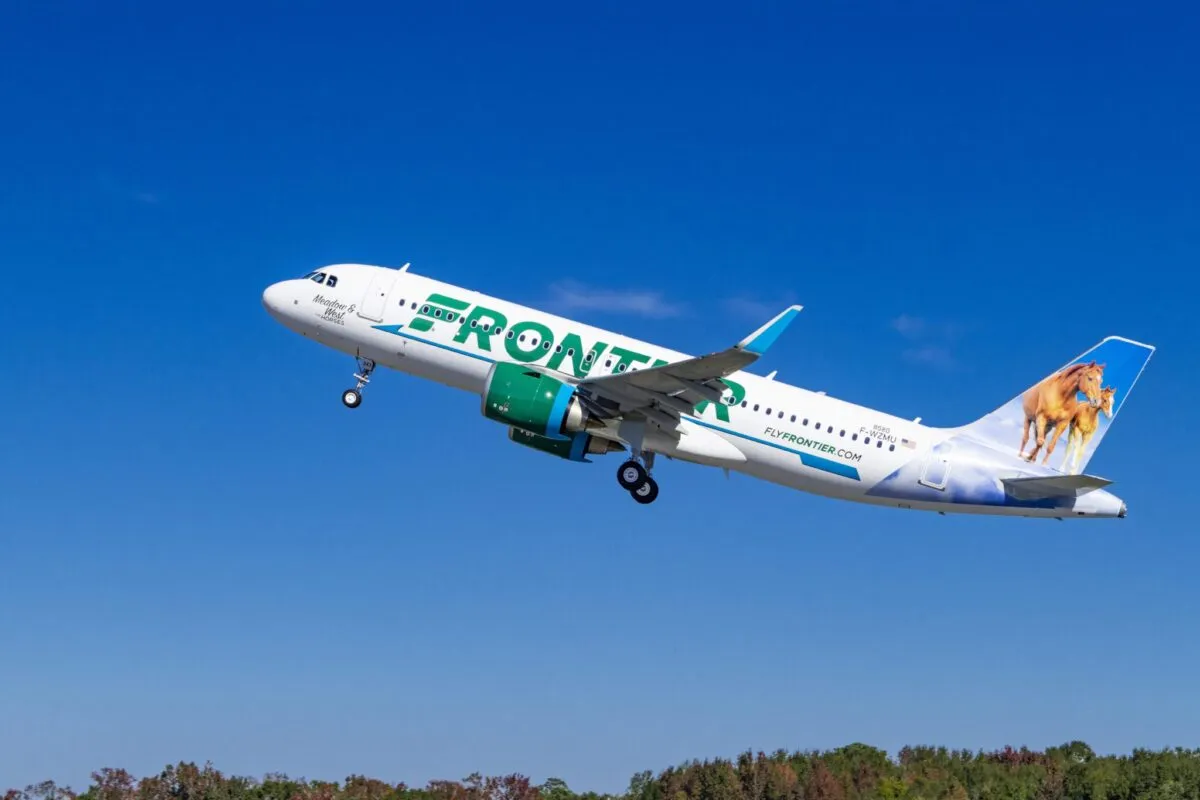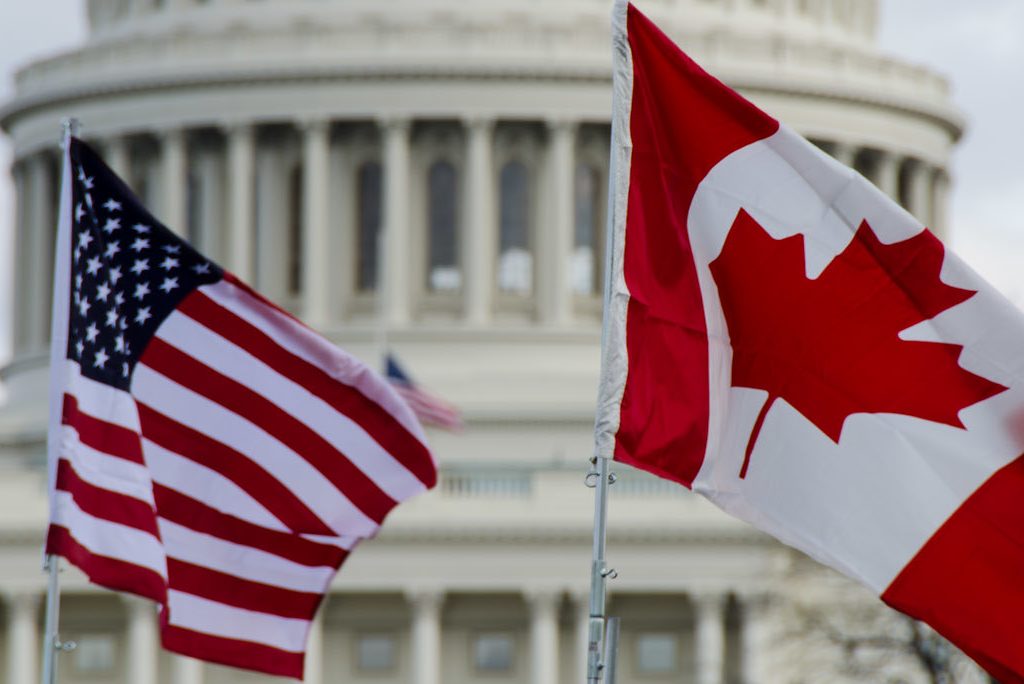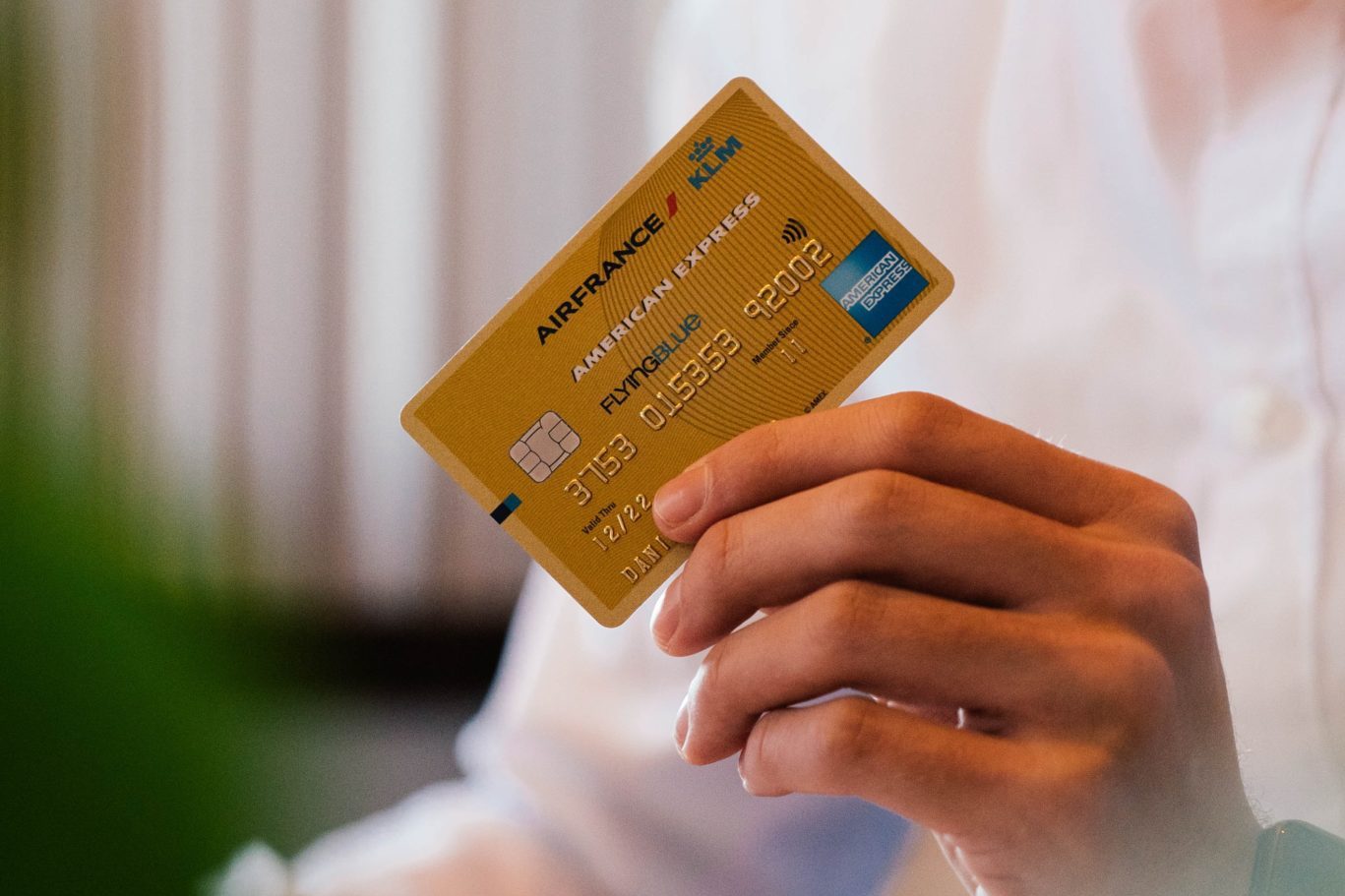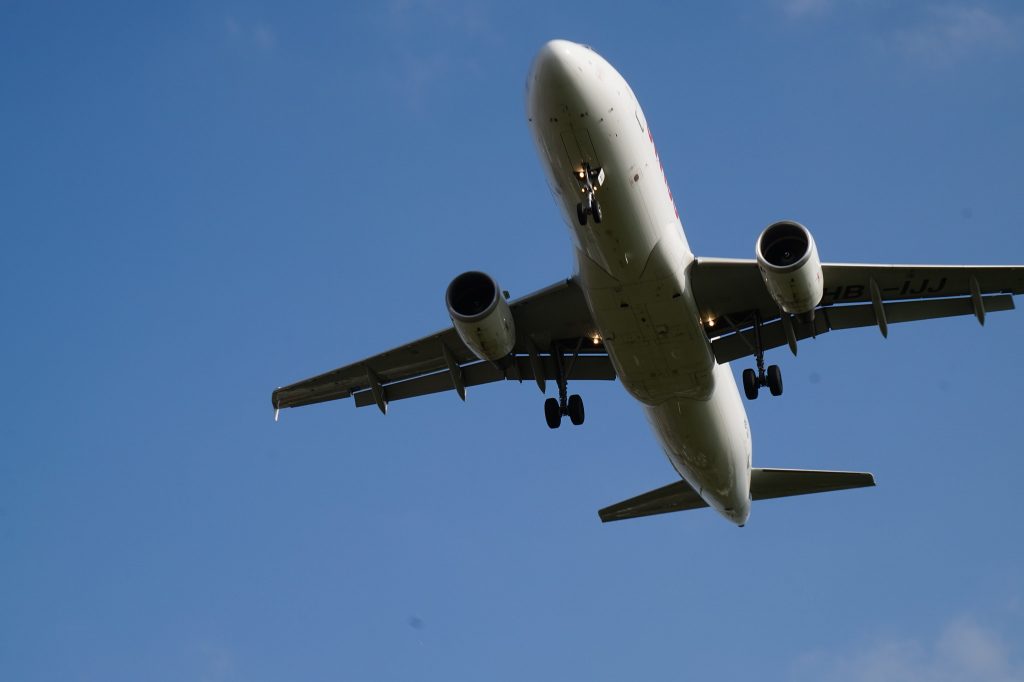Business Travel Recovery Won't Get Any Boost by U.S. Global Travel Reopening

Skift Take
Slowly does it is the message ahead of the restart of one the world’s most important travel corridors.
Airlines are gearing up for an influx of passengers after the U.S. announced it would allow vaccinated international air travelers to visit for non-essential travel from November 8. However, high pricing, nervousness about a Covid-19 resurgence, and under-staffed travel agencies may cool things down.
“I’ve been really surprised by how expensive some fares are,” said Stephanie Glanzer, senior vice president and chief sales officer at Las Vegas-based MGM Resorts. “We’re seeing that across all aspects of travel. At some point it’s going to have to stabilize, especially as airlines add back more flights overall.”
Las Vegas has been booming this fall, but Glanzer said much of the conference and exhibition activity was a “compression” of events that were postponed during the pandemic. “There’s been a drastic ramp up in the past few months, however we’re not at 2019 levels," she added. "But we anticipate getting there in 2022."
Join Us Online at Skift Aviation Forum on November 17
Airlines will be expecting a significant boost just after November 8, following 18 months of pent-up demand. It will likely be leisure passengers filling their planes, as well as the visiting friends and family market, driving demand that will generate a significant spike for that period.
In the days immediately after the U.S. announced it would reopen to international travel, United Airlines said transatlantic bookings for November and beyond exceeded 2019 levels for the first time since the start of the pandemic. Its CEO predicts corporate traffic will lag.
"Business demand (won't) start in earnest until January of 2022," said Scott Kirby during an earnings call last week. "From my perspective, the long-term recovery remains on track with the opening of Europe, Australia and Singapore and an expected inflection point in business demand is now anticipated in January."
JetBlue, which has just launched a transatlantic route, also stands to benefit. "I'm already pleased at what point of sale we're getting for future bookings from November to December," said CEO Robin Hayes at a recent online CAPA event. "And we've started some work over there to build awareness of JetBlue in the UK."
In fact, there’s $275 billion worth of annual trade between the UK and U.S. alone, according to the UK's Business Travel Association. It's seeing real demand from its members, said CEO Clive Wratten: "There will be a certain spike in business for sure."
The association recently brought together representatives from Virgin Atlantic, JetBlue and British Airways for a member event to discuss the way forward. The verdict was that they won't look to profiteer from November 8 and beyond. "They realize putting prices up isn’t a way to encourage people to come back," Wratten said. "We need the right pricing to encourage people to travel, and the right capacity. They realize cash is king, that’s the first thing."
Any perceived price hikes may also be due to a rise in other costs, such as fuel or airport fees. The UK's Heathrow Airport, for example, will be putting up its passengers fees next year, which airlines will have to pass on. "Those kinds of things concern us. It impacts the chain, the ecosystem, and not just the passenger," Wratten added.
Building Back Up
Another potential issue is how well corporate travel agencies will be able to handle bookings. In March 2020, the U.S.-based Global Business Travel Association warned of a "slow bleed-out" that would cause long-term structural issues as travel companies laid off staff to cope with pandemic pressures.
Wratten said that travel management companies were hiring and bringing people back, but can they do it fast enough?
One business travel consultant, who preferred to withhold his name, told Skift that his agency was paying the price after cutting its workforce early on in the pandemic. "They’re very positive, and it’s been an amazing bounceback," he said. "But they’re now crippled with business they can’t really service. They’ve got client complaints coming in left, right and centre, and not responding quickly enough. On the one hand there's a sense of optimism, on the other there's not enough people to handle business."
It will be an issue, noted TripActions CEO Ariel Cohen in a recent interview. "All the travel companies now need to scale back up, and scaling back after 18 months of pretty much a depression in this industry creates a lot of challenges. For us its agents," he said. "As a tech company we have some advantages, as it’s not linear for us."
The swift transatlantic recovery may also be tempered by lingering company travel bans.
"In our most recent pandemic recovery poll, nearly 75 percent of respondents wholeheartedly agree with this particular [reopening] action," said Suzanne Neufang, the Global Business Travel Association's CEO. "International travel is critical to promoting global trade and growing worldwide understanding. It’s a much-needed milestone of support for the business travel sector worth $1.4 trillion to the global economy.“
However, the October poll revealed just 42 percent of companies were allowing international travel. This was a record high for the year, with the September poll revealing just 34 percent were allowing it.




